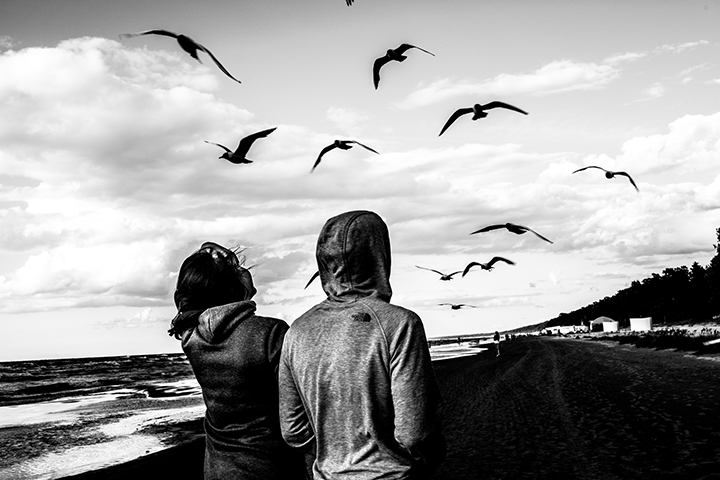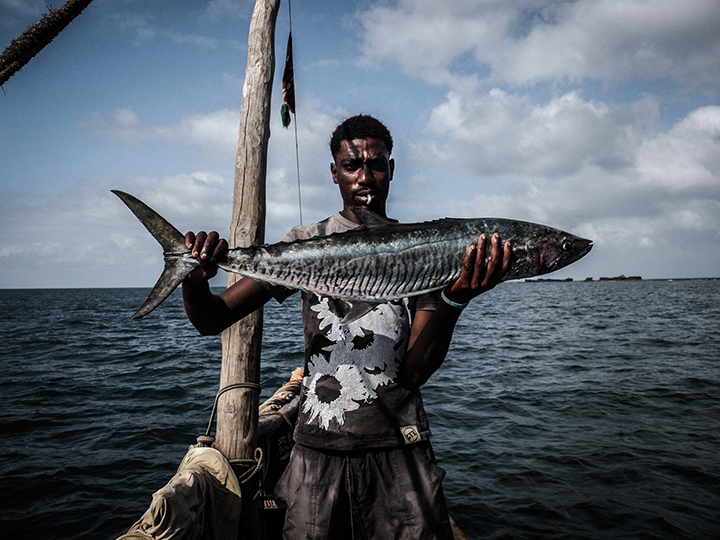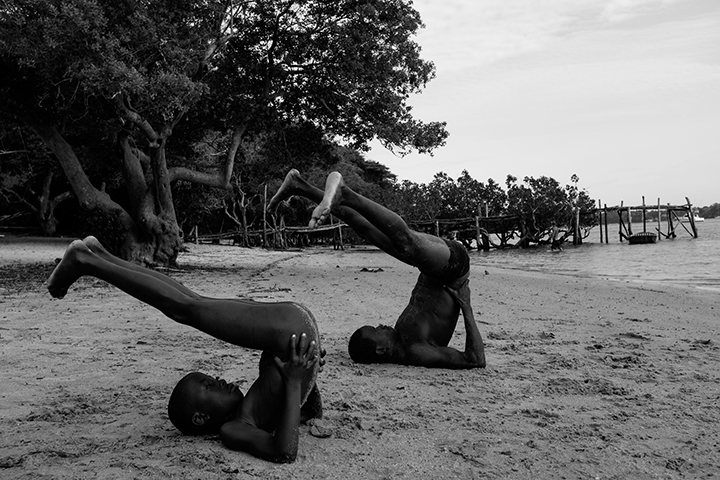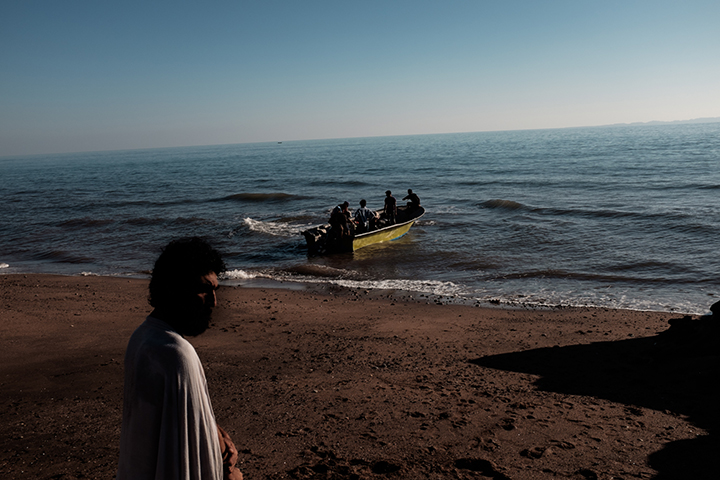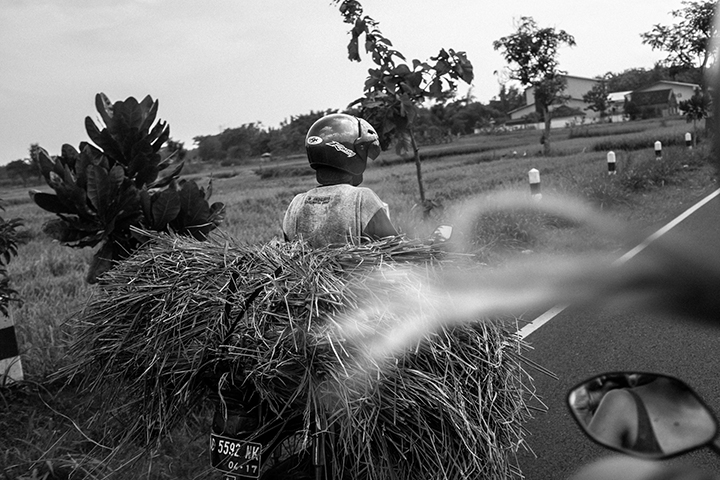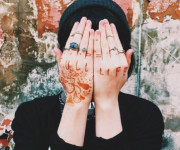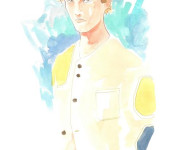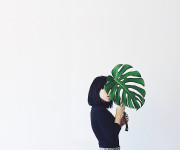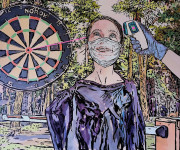I still remember how thrilling “On The Road” by Jack Kerouac seemed to me when I was 15. A year later together with my few friends, we set out for the trip holding only one – way tickets. It was a journey filled with colossal excitement indeed yet looking back then I wasn’t ready to deal with the consequences of that freedom. As I often catch myself dreaming about outermost destinations, and since travelling always was a great symbol of freedom for me, I have a conversation with Teodoras Grigaliunas – an urban nomad who carries his camera around to freeze moments and emotions.
Even we are about the same age I realized that I am slightly envious of him “I did not feel good about what I do until I bought my camera, quit my university in Amsterdam and hitchhiked out. I feel happy when I am in a new place for the first day, for the first time. Then everything seems magical, surreal. I feel like a child in a toy shop. I forget that I have a heavy backpack on me, and I can just restlessly wander around throughout the whole day.” Teodoras says that his education is there; somewhere on the other side of the window, through which he was always looking during classes. “I travel because it is good for me. I think if your soul points a finger towards somewhere, you should go there. It has always worked for me. I don’t choose the destination really, things just fall down, and I pick them up.”
I asked Teodoras why he travels alone with essentially just a big piece of wool (for sleeping), a knife, an old laptop, a sleeping bag and, of course, a camera – “It is the mode of travel that gives you the most freedom. Yes, the connection with the locals is of ultimate importance. They share their food, their home, their time. Without the locals, you could not get a feel for the place you are in. They are most often the people that make the place.” But where does this urge to document his journeys come from? “I started taking pictures before I can remember. I just remember that as a kid, I was fascinated by how I can freeze a moment and develop into an image later on. After I started travelling, I learned that you cannot only freeze a moment, you can actually freeze a feeling, an emotion. But you have to become better at photography to achieve that, you have to train, and it is a lifelong process. My goal while visiting different places is to take as many good pictures as possible, to capture the magical moments that only happen to me and will never be seen again.”
I keep thinking what travelling is for me; for Teodoras and others. Why there are so many different perceptions of it, and why some people choose not to travel at all? “It is everything you want it to be,” he says “It can be an escape from the everyday, but it can also be a connection to the everyday. For me, it is a way of life that offers me the freedom to create, to take pictures, to meet people and places, and stay inspired.” At least one thing is clear for me now – it is not just seeing a world. Travelling is full of endless possibilities, even chances to witness how other young souls are seeking their freedom. A few years ago, Teodoras travelled to an isolated Iranian beach, where young people gather to relax from the pressure of strict Islamic laws the government has imposed. This location allows people to break out; girls can swim in bikinis, and men can wear shorts. “Existential topics are always of great importance to me, and I like to use my camera to express myself and the people around me. In the beach of Iran, I met people who cannot be themselves in the everyday life, but that does not undermine their freedom; they just have to move a little, and it shows that in the end what you do is all up to you, not the people around you.”
“Freedom is having no limitations of expression,” says Teodoras, ” You are free when you can express yourself any way you want. I do not search for that, I just express myself the way I feel, and being able to do that feels good.”

